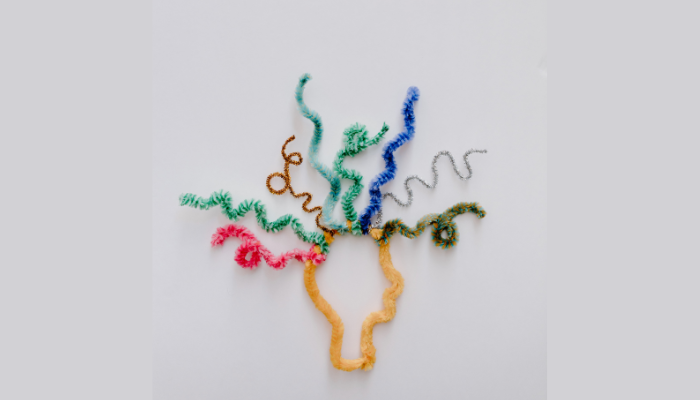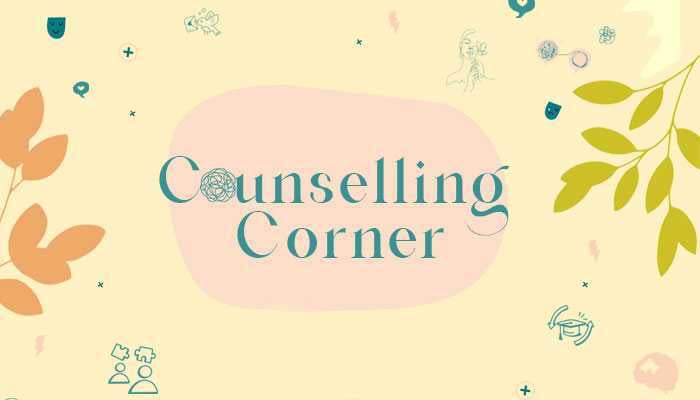'I struggle to stay realistic and lose myself in imagined outcomes. Please help!'
"When situation doesn’t turn out the way I had imagined, it leaves me disappointed and dejected," says a daydreamer
October 22, 2025
Dear Haya,
I struggle with being realistic. Every time I think about doing some work, I intend on doing it but somehow slip into unrealistic thoughts about it. I would keep imagining how something would turn out if I do it in a certain way. It’s mostly all thoughts and no actions.
It wouldn’t be wrong to say that I build castles in the air. Eventually, when the situation doesn’t turn out the way I had imagined, it leaves me disappointed and dejected.
It is also one of the reasons that I don’t actually get anything done and only keep daydreaming about my plans and goals in life. Do you have any advice about how I can get out of my head and actually work towards everything I want in life?
— A daydreamer

Dear daydreamer,
Thank you for sharing such an honest reflection.
I hear your struggle of wanting to do things, having an idea of how you want to do them, but you get stuck in cycles of perfectionism and avoidance which then turns into a cycle of overthinking, avoidance and self disappointment. That sounds overwhelming and a lot of emotional load.
I also see that you are self aware of your patterns, which is a great place to begin. Awareness is the first step to change.
For us to bring change in our lives, we must first understand why we do what we do and then what can we do to change it. Both need to go hand in hand.
Let's take a look at what we can actually do.
Have a query for Haya? Fill this form anonymously or email to [email protected]
Understand your patterns
You have noticed a pattern, now you need to explore why you do what you do with compassion and curiosity. Sometimes, daydreaming could be linked to deeper emotions of fear of failure, low self worth, or pressure to be exceptional.
Understanding why you do what you do is critical. Your pattern of fantasising is serving you in some way, explore what that is. Sometimes, avoidance becomes a temporary protective coping mechanism from the discomfort of uncertainty, imperfection or potential failure. Sometimes, when we are struggling with avoidance we are fearing failure and rejection and, in order to protect ourselves, we avoid certain things that eventually lead us towards feeling rejected (the feeling we were running away from all along), enabling our initial self-fulfilling prophecy. Awareness and understanding of unmet needs is key here.
List down your SMART goals
List down all your goals one by one. Make sure they are SMART goals. Specific, measurable, attainable, realistic and time bound. For example, if you want to lose weight, specify how much, how will you measure progress, how will you attain it, how can you make it realistic and what timeline will you associate with it? Your imagination is not the problem. It Is your most powerful tool but it needs direction.
Emotional regulation
Emotional regulation is a core component of meeting our goals. Practice grounding in the present moment. We must feel deserving of what we want. Work on your sense of self and on exploring your patterns.
Rewire your relationship with action
Action doesn't have to feel perfect or inspired, it requires consistency. Tell yourself I don't need to feel ready to begin, I just need to begin to feel ready. Start with the smallest possible steps — something you can complete in 10 minutes. The goal is to build momentum, not mastery.
Build a realism habit
Once a week, write down one goal you fantasised about, what is within your control this week and one action you will take. Track how you feel after small actions, you will notice a subtle but profound shift, your satisfaction starts coming from progress not possibility.
Practice behaviour flexibility
Behavioural flexibility is knowing that our goals may not turn out as planned and we need to take all the available information that is relevant to our goals, assess what is working and what is not along the way and make decisions and adjustments in our behaviour that align accordingly.
Allow yourself to be imperfect
Holding ourselves to such high standards won't lead us anywhere. Allow yourself to make mistakes, learn from them and move forward with them, with compassion.
You don't need to stop day dreaming, you just need to bring your inner and outer world into alignment.
Good luck and best wishes,
— Haya

Haya Malik is a psychotherapist, Neuro-Linguistic Programming (NLP) practitioner, corporate well-being strategist and trainer with expertise in creating organisational cultures focused on well-being and raising awareness around mental health.
Send her your questions by filling this form or email to [email protected]
Note: The advice and opinions above are those of the author and specific to the query. We strongly recommend our readers consult relevant experts or professionals for personalised advice and solutions. The author and Geo.tv do not assume any responsibility for the consequences of actions taken based on the information provided herein. All published pieces are subject to editing to enhance grammar and clarity.













